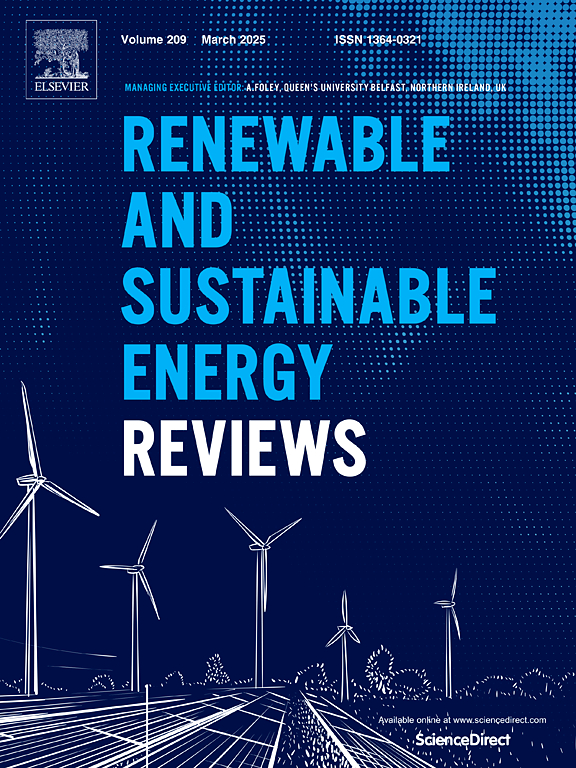The Western Wildlife Corridor (WWC) in Ghana’s Northern Savannah ecological zone is a contested landscape where efforts to reverse widespread environmental degradation often conflict with local livelihood concerns and broader development objectives. Despite policy measures to devolve natural resource decision-making authority, poor environmental management, persistent socioeconomic challenges, and increasingly limited livelihood opportunities for people living within the corridor prevail. This study investigates environmental degradation in the WWC and natural resource governance using information on stakeholder perceptions from stakeholder workshops, focus group discussions, and key informant interviews. We also explore how natural resource management might be strengthened to better deliver social, economic, and environmental goals. We found that despite a history of contestation, stakeholders were able to agree upon specific issues of common concern and generate a collaborative vision for the WWC landscape. Transitioning toward such a vision requires significant investment in strengthening current governance structures and building natural resource management capacity within the corridor and beyond. Furthermore, persistent challenges of conflicting stakeholder objectives and issues related to coordination, corruption, and non-inclusion in decision-making about natural resources must be addressed to advance progress. Stakeholders were able to formulate specific recommendations and a participatory theory of change to inform the development of a sustainable landscape management plan and future evidence-based policy that could steer the WWC toward a more resilient and multifunctional system that equitably supports livelihoods, biodiversity, and wider economic development. The methods for inclusive engagement in environmental decision-making are extrapolatable to other contexts facing similar social-environmental challenges.
DOI:
https://doi.org/10.1016/j.gloenvcha.2024.102909
Pontuação Altmetric:
Dimensões Contagem de citações:

Ano de publicação
2024
Autores
Reed, J.; Ros-Tonen, M.A.; Adeyanju, S.; Arimiyaw, A.W.; Asubonteng, K.; Baatuwie, B.N.; Bayala, E.; Tom-Dery, D.; Ickowitz, A.; Issaka, Y.B.; Moombe, K.B.; Mumuni, J.; Wakesho, G.; Zida, M.; Sunderland, T.C.H.
Idioma
English
Palavras-chave
conflict, landscape conservation, landscape approaches, governance, theory of change, resource management, stakeholder engagement
Geográfico
Ghana


















